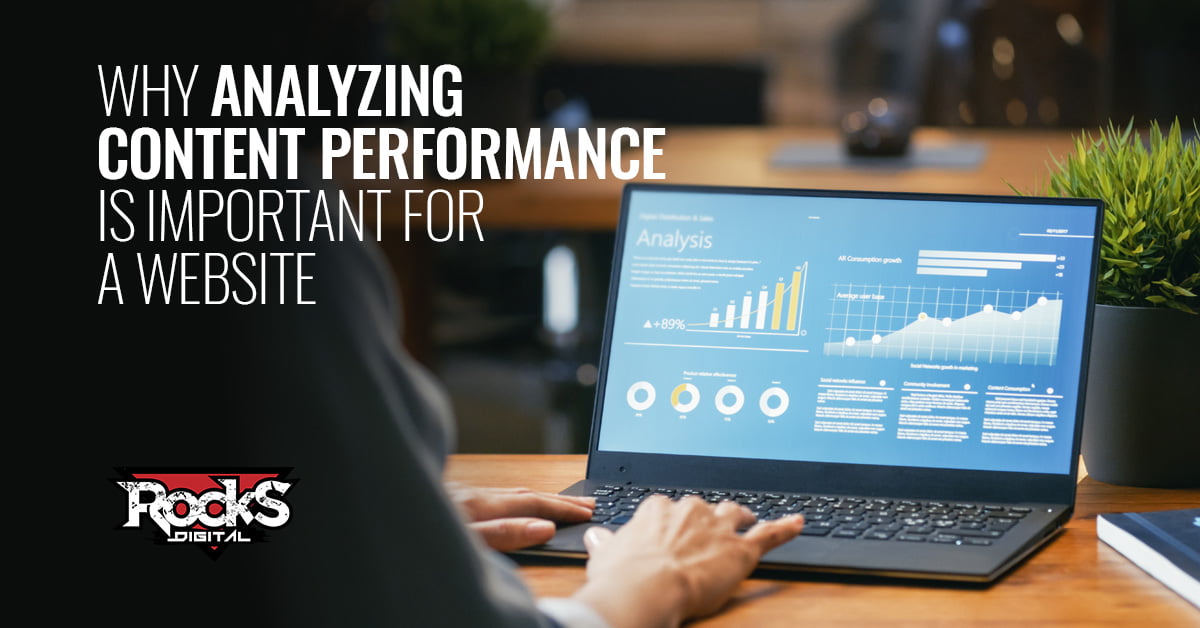
The journey from content discovery to conversion is often complex and challenging. Fortunately, with comprehensive website conversion tracking, we can now get a clearer picture of why a piece of content performs well – or why it has failed to meet its objectives. While analyzing content performance is possible, in actual practice many businesses just don’t have a strategy in place. Let’s explore why evaluating results matters.
The Benefits of Evaluating Your Website’s Content Performance
Data-driven analysis can transform a content strategy. By following a simple process you can ensure that each piece of content you publish leverages insights from your performance data.
Maximize the Use of Resources
Following a content strategy requires time and resources. Therefore, you’ll want to be certain you are focusing on high-performing activities – and reducing low-value efforts. By analyzing content performance, you can see exactly what works.
Find Ways to Improve Content
Engagement metrics such as time on page, bounce rate and click-through will indicate whether audiences are responding to content. When an article receives a lot of traffic without engaging readers, you can identify and resolve the weaknesses.
Identify Content Opportunities
A thorough content gap analysis will uncover opportunities to reach new audiences. For example, you may have a wide selection of content for advanced audiences, yet a limited number of posts that beginners find accessible.
Learn More About Your Audience
Tracking and optimization are important for a website as they let you gather crucial demographic data. When you fully understand your audience, it’s easier to craft content that resonates with those most likely to visit your website.
Refine the Content Strategy
Everything from format to publishing frequency will influence how well content performs. It’s easy to make assumptions, but to deliver an optimal strategy it demands testing, experimentation, constant refinement and data analysis.
Enhance User Engagement
To deepen engagement you’ll first need to track data from existing content. Average time on page, bounce rate and actions taken will explain how users interact with the content. You could even set up heatmaps and run A/B testing if you want to go further. After gathering data, you can create content based on the best-performing aspects.
Increase Conversion Rates
Whether it’s an email signup or a purchase, the goal of content creation for a business is to get users to perform an action. That’s why tracking these conversions should be part of any content performance analysis.
Support an SEO Strategy
Tracking top-performing keywords and content types is a crucial part of the best SEO services. This data helps optimize titles and improve content structure, making your pages more appealing to both search engines and users, and ultimately driving more organic traffic.
We Analyze and Track Content Performance
Rocks Digital helps businesses increase conversions and make more sales with conversion tracking and optimization services. Speak with us about our content optimization and tracking solutions today. Call (214) 989-7549 or request a website evaluation now.
Lissa Duty
Lissa Duty is Social Media Coach, Author, Speaker & Trainer. 20 years of marketing, administrative and management experience working to grow your business.

















